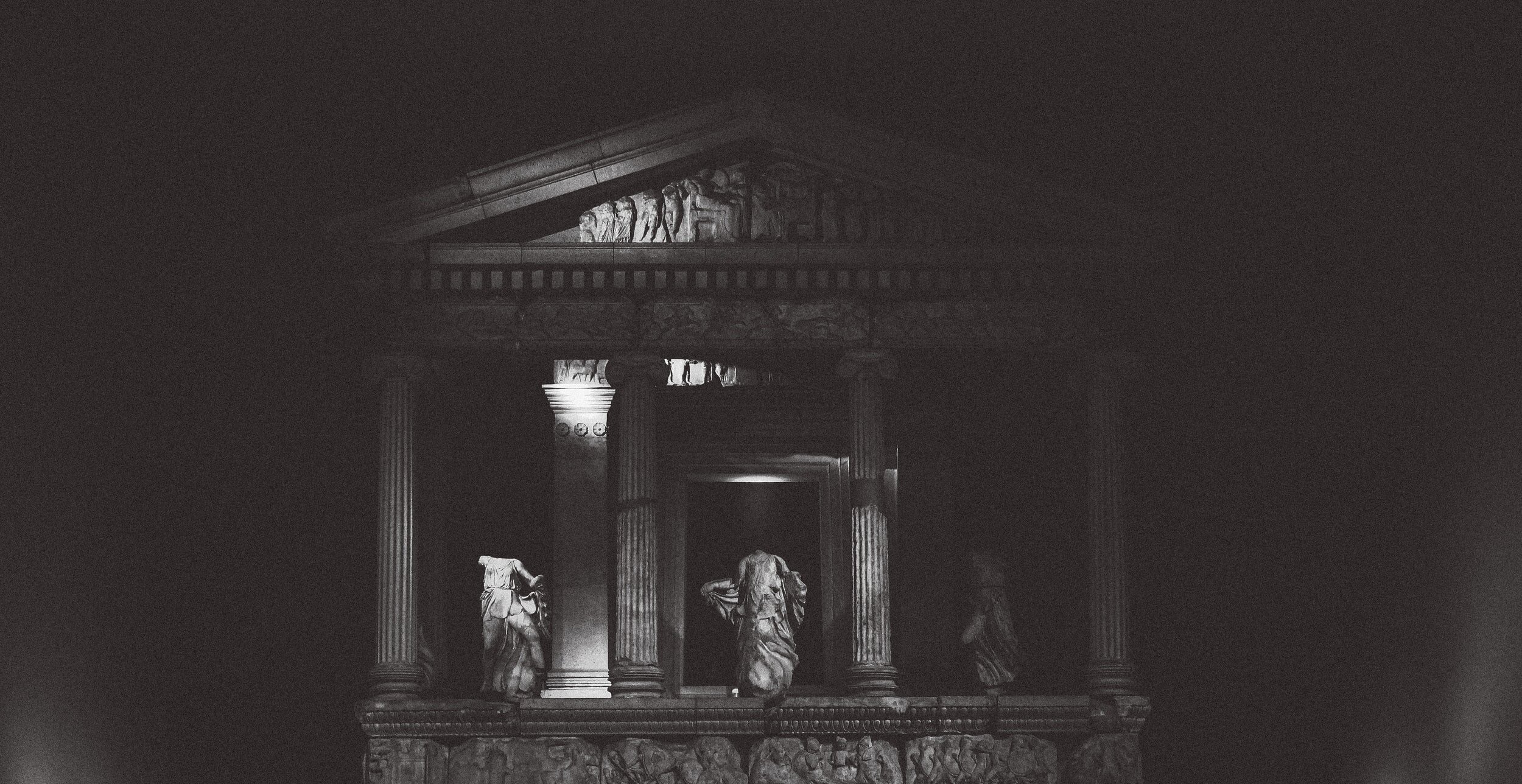Does Free Will Exist?
This is one of those questions that can be answered in a multitude of different ways depending on who you ask. Some have described it as the ability to make choices, while others argue it is the capability to act independently of constraint or at one’s own discretion. While the exact definition varies slightly, the reality of the situation is that this remains a topic that continues to be challenged and disputed.
In the ongoing discussion, the opposition prefers the topic of ‘determinism’. The determinism argument suggests that everything, including human thought processes and choices, are not the result of free will, but instead due to cause. This means that every action, choice, and outcome, has already been decided by external causes and not based on human decision. In fact, determinism claims that free will is simply an illusion and we cannot be held responsible for anything because we are merely ‘acting out’ our destiny.
Lesson in Greek Mythology
Oedipus was an ancient Greek King of Thebes, a city in central Greece. He was born to King Laius and Queen Jocasta; however, Oedipus was the protagonist of a dreadful prophecy. The Oracle of Apollo informed King Laius that any son born to him will eventually be his murderer. Afraid of succumbing to the prophecy, the king ordered a servant to leave Oedipus to die on a mountain. Taking pity on the infant, the servant passed the boy along, who eventually ended up in the care of King Polybus of Corinth.
As a young man, Oedipus learned of his true fate, that he was destined to kill his father and marry his mother. Fearing this prophecy from coming to fruition, Oedipus fled Corinth and journeyed to Thebes. On his route, he encountered and old man (King Laius), and his servants. Oedipus, not wanting to move his carriage to make way for the older man, ended up killing him in the ensuing scuffle. He continued his journey to Thebes where he encountered the Sphinx, who threatened to kill Oedipus unless he could correctly answer its riddle.
Upon deciphering the riddle, the Sphinx killed herself and Oedipus was rewarded with the throne of Thebes and the hand of the widowed queen. Oedipus ultimately married Queen Jocasta, unknowingly fulfilling the prophecy of killing his father and marrying his mother.
This myth is still used today to suggest that one simply cannot escape their fate. But a myth is not a theory convincing enough to prove that free will certainly does not exist, so we must continue delving deeper.
The Free Will Experiment
In 1929, a German psychiatrist by the name of Hans Berger, invented the Electroencephalography (EEG), a machine capable of measuring brain activity. This became a major catalyst of this debate during the 1980’s when an American scientist known as Benjamin Libet, used the EEG to run ‘free will’ experiments. He asked his subjects to make a conscious decision such as flexing their wrists or pressing a button, and indicate once they have made their decision. His conclusion was that the brain displayed ‘unconscious activity’ approximately a half-second before the subject was aware of their decision. Benjamin Libet used these results as evidence that the subconscious decides before the conscious is even aware that a choice has been made.
Needless to say, this experiment was riddled with flaws, including attributing brain activity as definite decision-making, and relying on the subject’s own accounts of the decision, among other discrepancies.
A Lack of Responsibility
A major issue with the determinism side of the argument is that is relieves an individual from personal accountability. The more recent debate is that we are not responsible for our actions because of determinism. So, a murderer going to court, claiming he has no free will and thus can only do what destiny will allow, apparently relieves him of all wrong-doing. This method of thinking is simply detrimental to society and should not be encouraged.
Biology
Many in the scientific community argue the biological side of the discussion. While it isn’t as glamorous, it absolutely makes sense, to a degree. Like all creatures, we are biological in nature; nothing more than a particular arrangement of molecules and given the exact construction of every particle in the universe, it is simply a matter of how those particles interact with the environment. I understand this point, but there has to be more to the human decision-making process than our genetic makeup and molecular structure.
Imagination is what sets us apart from every other creature in existence, that we know of. We have the ability to create a vision in our minds and turn that vision into a reality. We have the ability to think rationally and reason logically.
A fish can only be a fish just as a tree can only be a tree, but as human-beings, we can achieve anything we set our minds to. That is the difference; we have the ability to choose a path and see it through.
Verdict
It is possible that we may never have a true answer to this debate. Based on the arguments examined, there appears to be no real progress in the standoff between free will and determinism.
A world where we surmise that we have no choice seems a bit, uninteresting. Perhaps it’s the definition of the term ‘free will’ that must be reevaluated, but this remains a topic of contention as some would contend that we should bear some responsibility for our actions. In this sense, a belief in the existence of free will is not only appropriate, but an absolute necessity.
“I have noticed even people who claim that everything is predestined, and we can do nothing to change it, look before they cross the road.”
— Stephen Hawking



